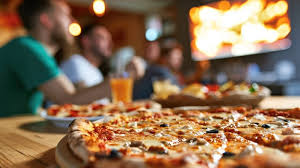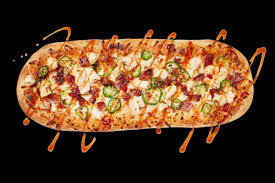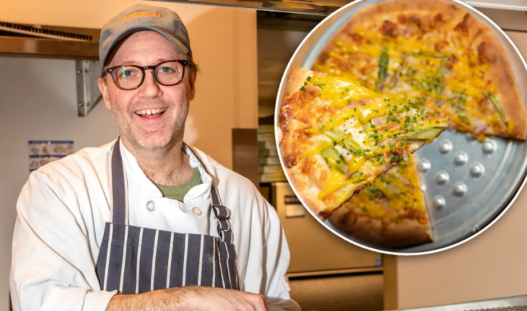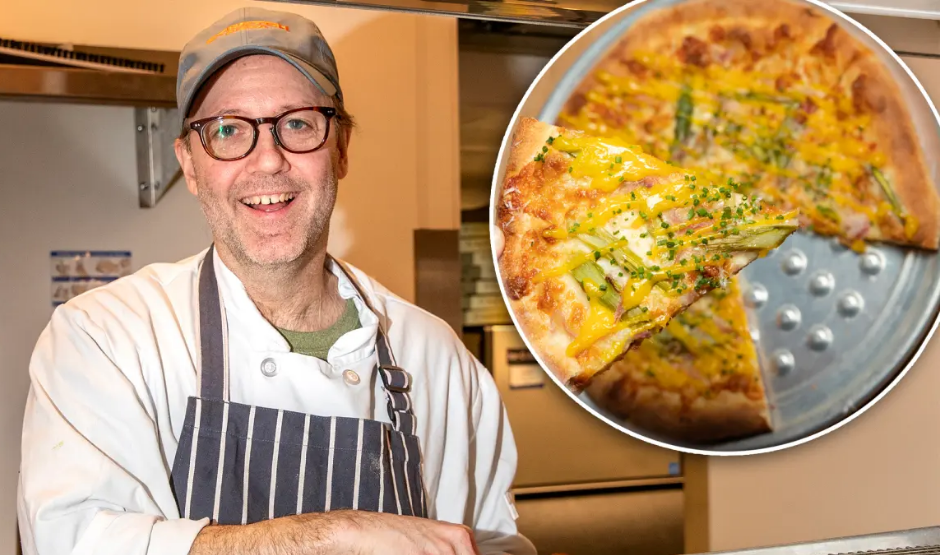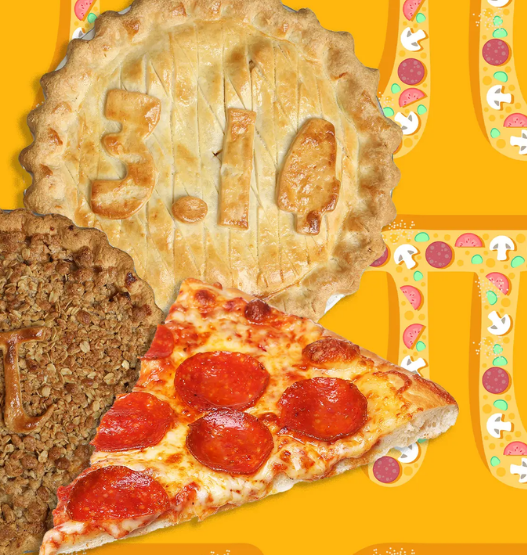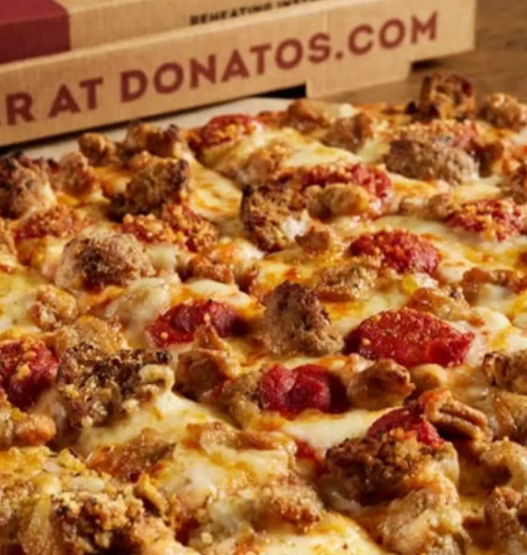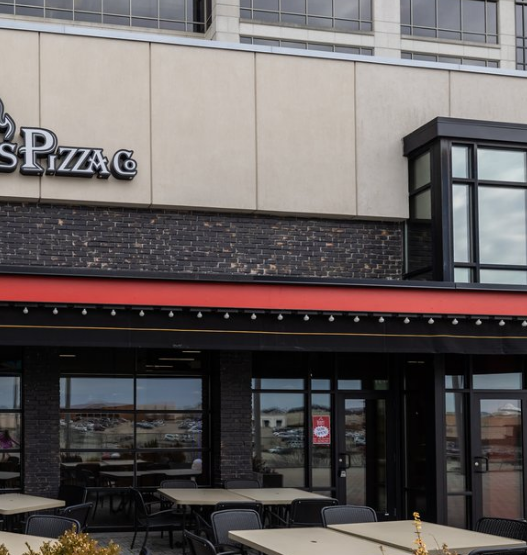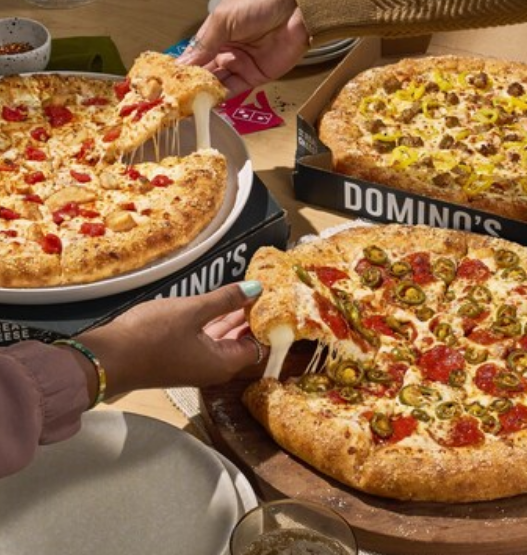This article was inspired by content originally published on Food & Wine
Introduction
When chef Wylie Dufresne talks about pizza, you lean in. Known for his scientific rigor and culinary daring, the molecular gastronomy pioneer has turned his sharp eye toward America’s favorite food. But unlike his avant-garde roots, his approach to pizza is surprisingly grounded, even nostalgic.
In a recent episode of the Tinfoil Swans podcast, Dufresne opened up about the humble-yet-obsessive journey that led him to open Stretch Pizza in New York City—a tribute to what he calls the “platonic ideal” of a New York slice.
But what does that really mean? And what can pizza lovers, shop owners, and suppliers learn from this high-concept, deeply personal take on a low-brow classic?
🔍 What Makes a “Perfect” Pizza?
Dufresne’s pizza philosophy hinges on the concept of memory. He’s chasing the ideal slice not just through ingredients and technique—but through emotion. “It’s about remembering what a great slice tasted like after a concert,” he explains.
For pizza enthusiasts, this sentiment resonates deeply. The perfect slice is as much about texture and char as it is about atmosphere and experience. Dufresne has spent years replicating those memories with calculated precision—tinkering with hydration levels, fermentation times, and bake temperatures.
Pizza Pro Tip: Want to chase your own platonic slice at home? Start with a high-hydration pizza dough recipe and use a baking steel or stone to replicate that NYC crust snap in your own oven.
🍕 For Shop Owners: The Value of Obsession
Dufresne’s obsession is a blueprint for pizza shop owners everywhere. His Stretch Pizza brand doesn’t rely on gimmicks or toppings overload—it’s a business built on dialing in a specific flavor memory and delivering it consistently. That’s the real innovation.
For pizza operators, this speaks volumes: Are you building your shop around a concept your customers can emotionally connect to? Are you selling pizza—or a memory?
Affiliate Opportunity: Tools like a commercial spiral dough mixer or digital fermentation control system can help replicate that same obsessiveness in your own kitchen, ensuring every pie hits that memory note.
And from a branding perspective, take a page out of Stretch Pizza’s playbook—clarity, consistency, and a focused concept often beat complexity.
🧀 For Suppliers: The Evolution of Expectations
Dufresne’s meticulous standards create ripple effects upstream. From flour consistency to cheese meltability, suppliers must now think like chefs—not just purveyors. When you’re trying to meet the demands of someone seeking the “platonic pizza,” you’re no longer just selling mozzarella. You’re selling performance.
Industry Insight: Ingredient suppliers can future-proof their offerings by investing in performance specs—tracking melt, stretch, and browning under various temperatures, just as Dufresne does in his pizza lab.
Consider offering pre-fermented doughs or par-baked crusts with performance data included—an emerging trend in pizza tech.
Affiliate Link: Commercial buyers may want to explore bulk sourdough starters or pre-measured cheese blends for pizzerias to ensure consistency across locations or franchises.
📚 Dufresne’s New Chapter: From Science to Slice
For longtime followers of Dufresne’s career—from wd~50 to Alder—the pivot to pizza may seem surprising. But in many ways, it’s a return to fundamentals. Stretch Pizza is about refining the classics, not reinventing them.
Still, his background as a culinary experimenter hasn’t disappeared. Every slice that comes out of his oven is informed by technique, trial, and tinkering.
Recommended Read: Dufresne’s approach mirrors themes found in Modernist Pizza—a coffee table-worthy tome that dives deep into every pizza-making process, from dough fermentation to oven thermodynamics. A must-read for any pizza pro or passionate home cook.
🔥 Final Thoughts: The Platonic Ideal is Personal
Whether you’re making pies in a tiny apartment kitchen, running a busy neighborhood joint, or sourcing ingredients for 100 restaurants, Dufresne’s story is a reminder: Pizza is personal. It’s a memory. A mission. A moment.
The “Platonic pizza” isn’t a static recipe—it’s an ongoing chase. And for those of us in the industry, that chase is what keeps the fire hot.
This article was inspired by content originally published on Food & Wine






